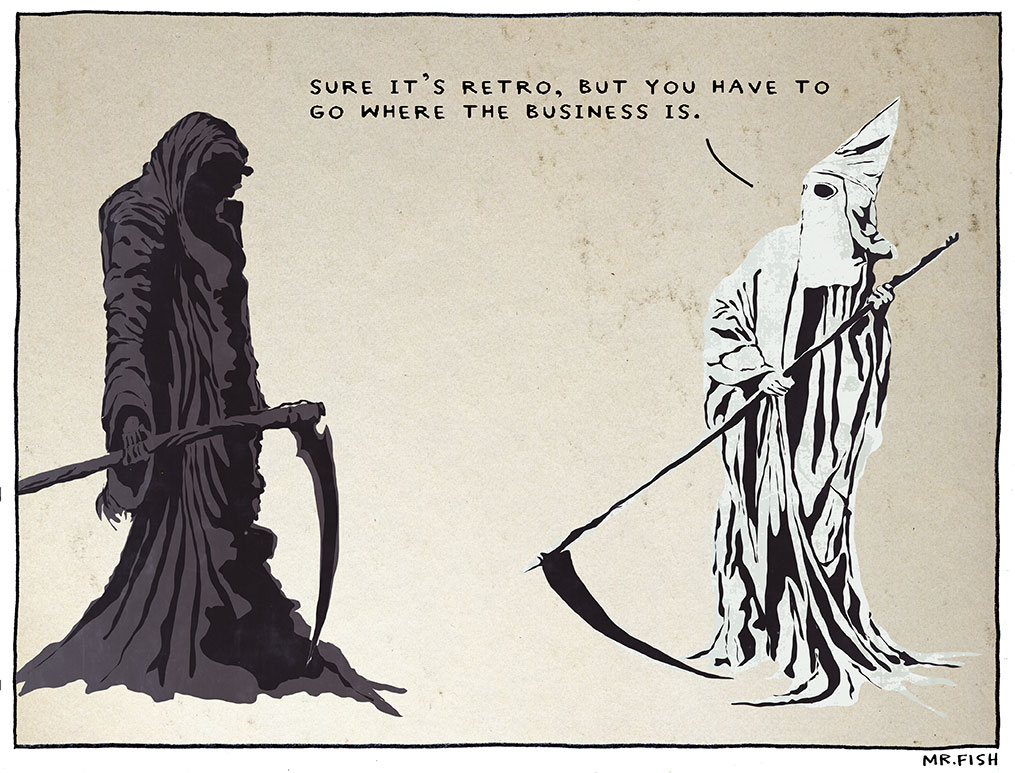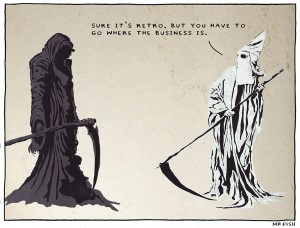
Who among us has never asked for help? Who among us is so self-sufficient that they have never relied on the kindness of strangers? And when we ask for help, or lean on our friends, family or even strangers for support, have we given up our dignity, or are we simply demonstrating our humanity? What, after all, is more human than relying on our greatest strength, each other?
“There is nothing dignified about standing on street corners, or venturing into the middle of the street, dressed in dirty, shabby clothes, in all sorts of weather, with a crude cardboard sign, begging passersby for help,” wrote Bishop Thomas Tobin in a letter to the Providence Journal last week, but he was wrong. Dignity, the state or quality of being worthy of honor or respect, is, by Catholic principle, “inherent and inviolable.” Human dignity has been called the “cornerstone of all Catholic social teaching.”
Humanists affirm the dignity of every human being. A cornerstone Humanist document is the United Nations Universal Declaration of Human Rights. Article 1 states, “All human beings are born free and equal in dignity and rights. They are endowed with reason and conscience and should act towards one another in a spirit of brotherhood.” No distinction is made in the declaration based on class or property.
I’ll avoid the sexist term “brotherhood” (the Declaration was written in 1948 after all) and call it our “spirit of kinship.” This idea, that we are one large human family, reminds us to rely on each other when things go wrong in our lives. Our kinship is a fundamental part of what makes us human, and without it, our society and our lives fracture.
Through this fracturing, people end up on the street, homeless, hungry and alone with their demons. The truth of human dignity means that it should not be the responsibility of the downtrodden to ask for our help. Our own human dignity requires us to offer it.
The Universal Declaration of Human Rights also affirms the human right to expression, the human right to freely move within our cities and as a consequence, affirms our right to ask for assistance.
“The problems [associated with panhandling] have spread since Mayor Jorge Elorza, responding to the threat of action from the American Civil Liberties Union and others, directed that the police should no longer enforce ordinances dealing with panhandling and loitering,” said Tobin in his letter. “The ACLU, while presumably well-intentioned, has done no one a favor.”
In defending the human and constitutional rights of panhandlers, the ACLU respected human dignity in a way Bishop Tobin seems unprepared to do. The “favor” the ACLU did was to remind us that rather than sweeping people in need out of sight, it is far better to provide the things they need to live their lives comfortably.
Some religious leaders understand this, but many others don’t get it, even as they wonder why their moral authority is crumbling.



